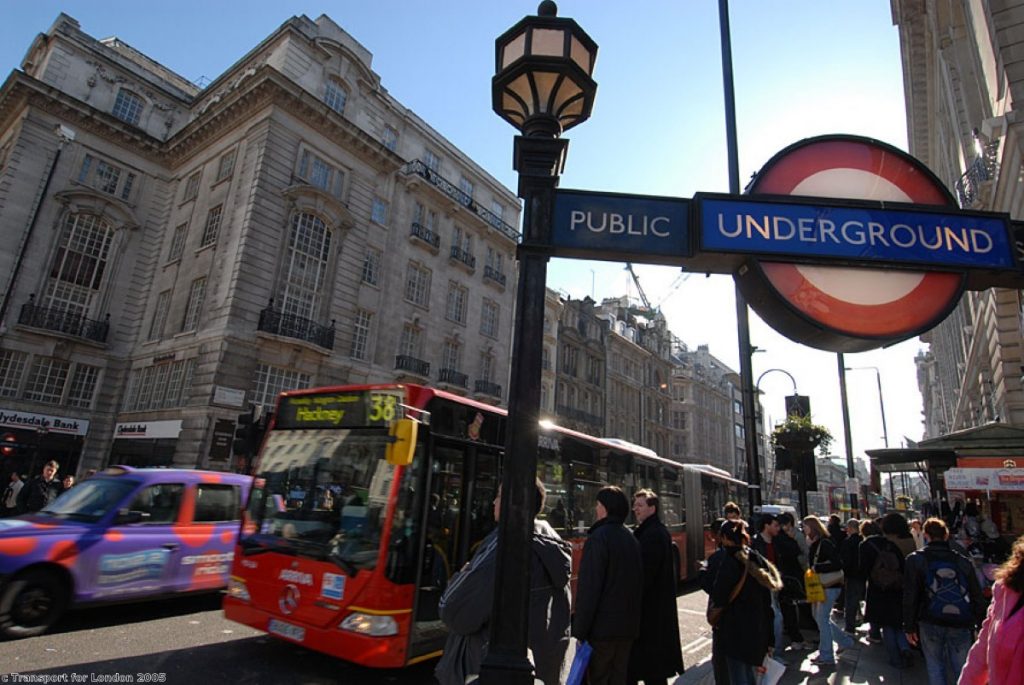Comment: Transport for London sign ‘mini-TTIP’ deal with developers
By Darren Johnson
The government reportedly plans to phase out financial support for Transport for London's (TfL) running costs. The spending review brought the cut-off date forward to 2019, leaving TfL to make up £700 million of annual costs through efficiency savings, service cuts or commercial income.
As a result the pressure is on for the organisation to find other sources of income and now plans to turn itself into a massive property developer. In October this year, it announced plans to build 10,000 homes on its own land, using the money to help meet its running costs and fund infrastructure improvements.
The mayor, Boris Johnson, says this will help tackle London’s housing crisis, but TfL’s main motivation is clearly financial. I worry they will forget entirely about genuinely affordable housing in its rush to make a deal.


Less well known is that the TfL bill currently going through Parliament, includes provisions for it to set-up limited liability partnerships with developers.
TfL has already set-up one limited partnership for the Earl’s Court scheme. Their partner is EC Properties Ltd, an offshoot of the developer Capco.
TfL could actually lose control of this partnership, since the ownership is divvied up in proportion to the land they put in, leaving Capco with a 63% share and effective control. Local campaigners with long experience of property development deals suggested that TfL should have bought out the leases the two Earl’s Court Village sites, giving them a controlling 75% share of the overall company. They claim that TfL effectively acted in the commercial interests of Capco in this deal, rather than local residents or transport users.
Even more worrying is the connected deal Capco struck with Hammersmith and Fulham for two council housing estates in the Earl's Court scheme, a deeply unpopular and flawed scheme. A 'collateral agreement' includes a clause that obliges the council 'to reject or resist' challenges to the scheme, particularly attempts by residents to exercise their legal right to take over their estate and come up with their own plans.

You could almost call this a mini-TTIP deal, similar to the US-EU trade deal that lets big business steer government policy to their advantage, mostly behind closed doors.
Lo and behold, when the residents applied for their Right to Transfer, the council rejected the bid and referred it to the Secretary of State, Greg Clark. I’ve long supported the resident-led campaign to do this, and wrote to Clark urging him to grant the residents their wish.
Will this happen with TfL? Will we even know the full details of their partnerships? Limited partnerships lack transparency, in part because such partnerships do not have to file accounts at Companies House. TfL’s Director of Commercial Development reassured the London Assembly in September that these partnerships "would in no way diminish our commitment to transparency", but their track record in recent years has been such that the Assembly has had to repeatedly lobby them to release greater detail about their partnerships and contracts.
TfL has also followed the GLA in setting up an exclusive panel of property partners for these deals, who get first dibs. This is supposed to speed the process up, but in the process gives an anti-competitive advantage to those partners and all but excludes SMEs and community-led bids.
London’s housing crisis won’t be solved unless the mayor is willing to challenge the power of big developers, and build on publicly owned land in the public interest.
The next mayor could be using his or her compulsory purchase powers and budgets to take more land in regeneration schemes into public hands, instead of leaving big developers in a controlling position. He or she could set-up a unit within City Hall to support local communities in partnership with developers, councils and housing associations to build the sorts of homes and business units London really needs.
Whether TfL becomes part of the problem or the solution to London’s housing crisis will be the big question for the next mayor of London.
Darren Johnson is a London Assembly member for the Green Party.
The opinions in Politics.co.uk's Comment and Analysis section are those of the author and are no reflection of the views of the website or its owners.









